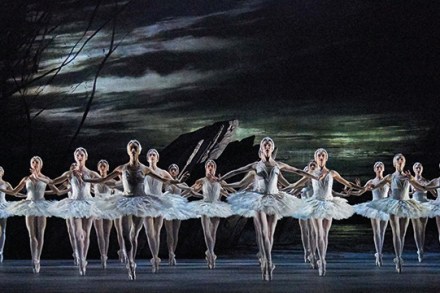Our verdict on Pappano's first months at the London Symphony Orchestra
Sir Antonio Pappano began 2024 as music director of the Royal Opera and ended as chief conductor of the London Symphony Orchestra. Around the middle of the year, there was a sort of retrospective; a stock-taking, if you like, as he made the transition to this third act of his career. Warner Classics released a box set of Pappano’s recordings with the Santa Cecilia Orchestra in Rome, where he held the top job from 2005 to 2023. And Pappano published a memoir, My Life in Music – a masterclass in diplomacy. No beans were spilled, and they were never likely to be. You don’t survive 22 years in an international




















